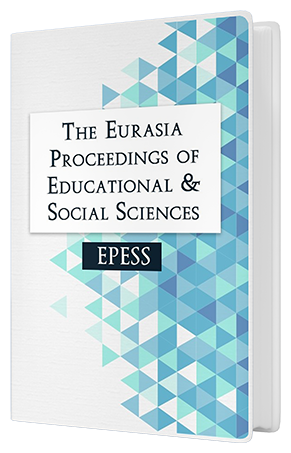Tales From the Dead: Women and Health in a Kurdish Women’s Prison
DOI:
https://doi.org/10.55549/epess.1040447Keywords:
Gender, Family, Mental health, PrisonAbstract
We conducted interviews with nine women incarcerated in the Sulaimani prison for women. We asked them about their past and present lives, and about their physical and mental health. Neither the prison itself nor the women’s lives bear any resemblance to the way in which prisons, especially Middle Eastern prisons, are portrayed in popular culture and in the media: the inmates had only praise for the prison food, housing, grounds, staff, and policies, they suffered deeply from their severance from kinship; many expressed their suffering somatically. The importance of one’s family role and family identity in Kurdish tradition cannot be overstated, and stripped this identity, the women live in a state of resigned limbo. Relationships between inmates were civil but shallow, and no interviewee revealed any sense of individualism or self-determination that would allow her to start over, remake herself, or build a new life.Downloads
Published
Issue
Section
License
Copyright (c) 2021 The Eurasia Proceedings of Educational and Social Sciences

This work is licensed under a Creative Commons Attribution-NonCommercial-ShareAlike 4.0 International License.
The articles may be used for research, teaching, and private study purposes. Any substantial or systematic reproduction, redistribution, reselling, loan, sub-licensing, systematic supply, or distribution in any form to anyone is expressly forbidden. Authors alone are responsible for the contents of their articles. The journal owns the copyright of the articles. The publisher shall not be liable for any loss, actions, claims, proceedings, demand, or costs or damages whatsoever or howsoever caused arising directly or indirectly in connection with or arising out of the use of the research material. All authors are requested to disclose any actual or potential conflict of interest including any financial, personal or other relationships with other people or organizations regarding the submitted work.




